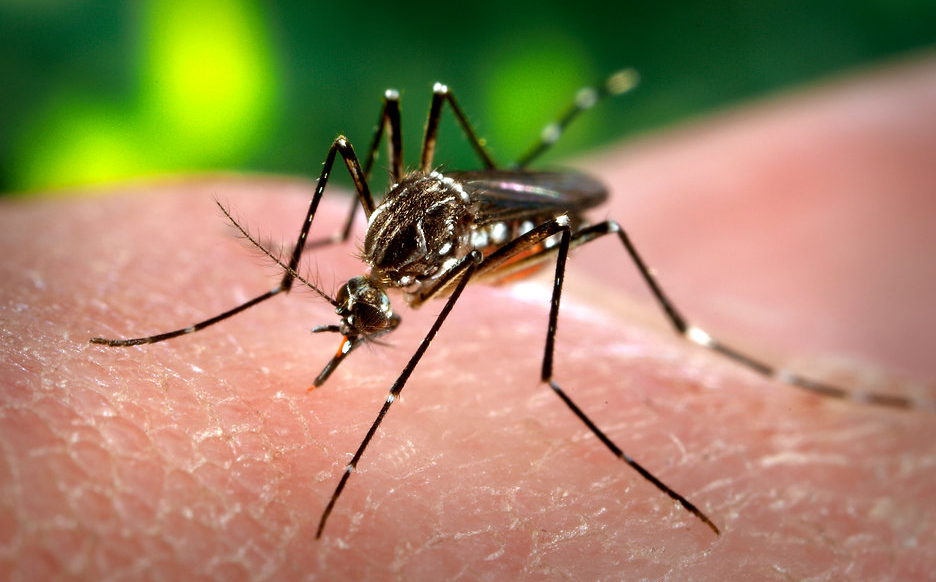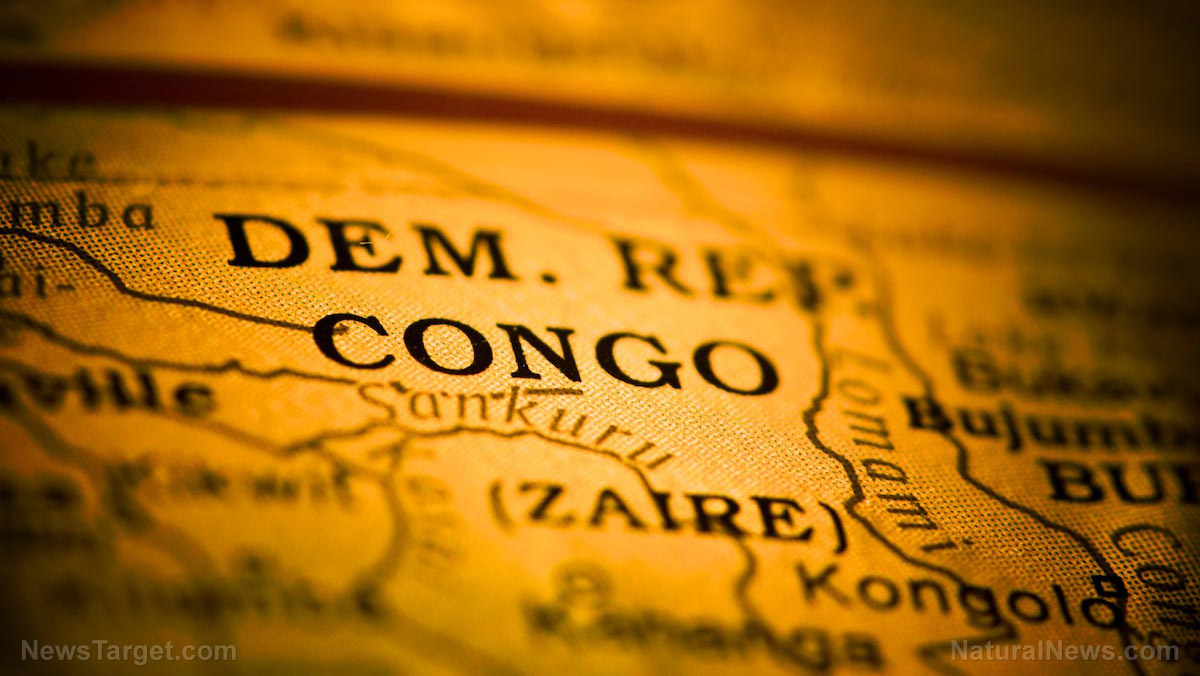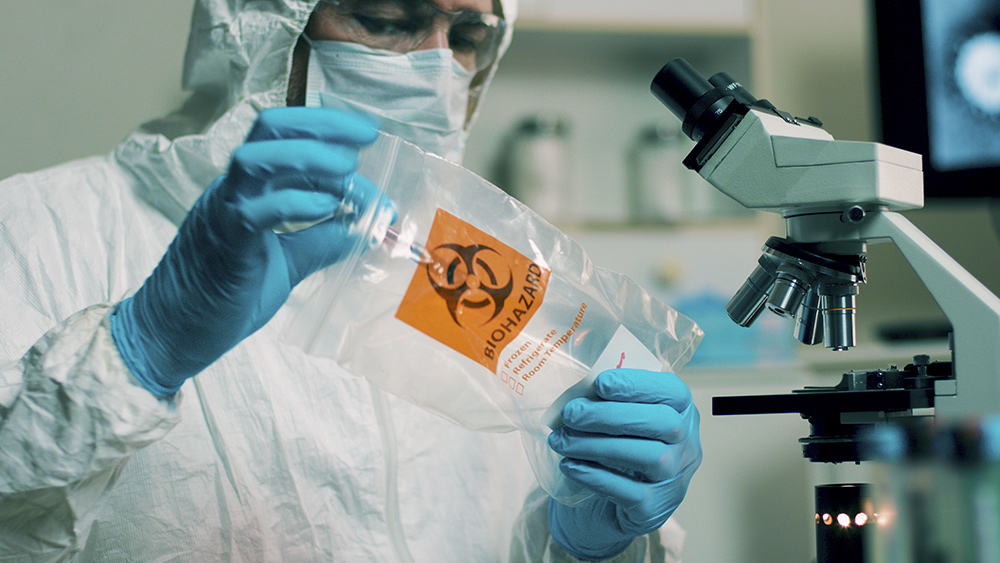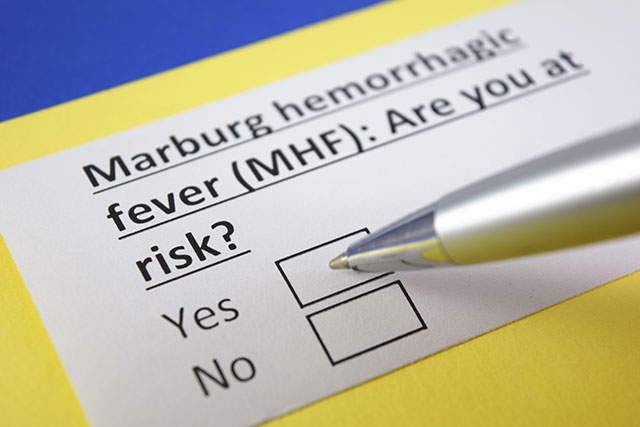Thank you, Dr. Fauci: Documentary exposes Fauci’s role in pandemic, calls for accountability
12/18/2024 / By Cassie B.

- Thank You, Dr. Fauci critiques Dr. Anthony Fauci’s pandemic leadership, questioning his decisions and transparency.
- The documentary features critics like Dr. Richard Ebright and Dr. Jay Bhattacharya, exposing Fauci’s controversial policies.
- Fauci’s admission of unscientific policies, like the six-foot rule, undermines his credibility as a public health authority.
- The film calls for systemic reform in public health, emphasizing transparency and accountability in scientific leadership.
- With public trust low, the documentary serves as a call to hold leaders accountable and prevent future crises.
A new documentary has emerged as a bold call for accountability over the pandemic. Thank You, Dr. Fauci, directed by Jenner Furst, takes aim at the man who became the face of America’s pandemic response: Dr. Anthony Fauci. The film meticulously examines Fauci’s role in shaping public health policies, the origins of the virus, and the controversial decisions that left millions questioning his leadership.
The documentary brings together a diverse group of experts, whistleblowers, and investigators who have long been critical of Fauci’s actions. Their collective voices paint a damning picture of a public health figure who, despite his prominence, may have been more interested in protecting his reputation than safeguarding the public.
A cast of critics exposes Fauci’s failures
Among the key figures featured in the film is Dr. Richard Ebright, a molecular biologist at Rutgers University. Ebright has been a vocal critic of gain-of-function research, a controversial field that involves enhancing the virulence of viruses. His warnings about the dangers of such experiments have taken on new significance in light of the COVID-19 pandemic, raising questions about whether such research could have inadvertently contributed to the outbreak.
Another prominent voice is Dr. Jay Bhattacharya, a Stanford University professor who co-authored the Great Barrington Declaration. Bhattacharya has been a fierce critic of lockdown policies, arguing that they caused more harm than good by disproportionately affecting vulnerable populations. His inclusion in the film highlights the growing debate over the effectiveness and ethical implications of pandemic policies.
The documentary also features Dr. Marty Makary, a Johns Hopkins surgeon and early skeptic of Fauci’s leadership. Makary’s criticism stems from Fauci’s handling of the Ebola crisis, where he prioritized a photo opportunity over public safety. Makary’s testimony before the House Select Subcommittee on the Coronavirus Pandemic further underscores the film’s central argument: Fauci’s decisions were often more about optics than outcomes.
Hypocrisy and accountability: Fauci’s double standards
The film’s release comes at a pivotal moment, with the House Select Subcommittee on the Coronavirus Pandemic investigating Fauci’s role in the pandemic. During a hearing this summer, Republicans accused Fauci of hypocrisy, pointing to his inconsistent messaging on issues like masks, social distancing, and vaccine mandates. Fauci’s claim that “if you disagree with me, you disagree with science” was particularly damning as it suggested an unwillingness to engage in open debate or acknowledge dissenting opinions.
One of the most striking revelations from the hearing was Fauci’s admission that some of his policies, such as the six-foot social distancing rule, were not based on scientific evidence. This admission undermines the credibility of a man who positioned himself as the ultimate authority on the pandemic.
A call for transparency and reform
Thank You, Dr. Fauci is more than just a critique of Fauci’s leadership; it’s a call for systemic reform in public health. The film argues that the lack of transparency and accountability in the scientific community contributed to the chaos of the pandemic. By highlighting the stories of whistleblowers like Dr. Andrew Huff, who exposed the role of EcoHealth Alliance in funding risky research, the documentary underscores the need for greater oversight in biodefense and scientific research.
The film’s timing is significant, as the incoming Trump administration has signaled its intent to investigate the origins of COVID-19 and hold public health officials accountable. Figures like Senator Rand Paul, who has been a vocal critic of Fauci, are expected to play a key role in these inquiries. The documentary serves as a roadmap for these investigations, providing a comprehensive overview of the evidence and the individuals who have been fighting for transparency.
Protecting the public from future crises
At its core, Thank You, Dr. Fauci is a cautionary tale about the dangers of unchecked authority and scientific arrogance. The film argues that the COVID-19 pandemic was not just a failure of leadership but a symptom of deeper systemic issues. By exposing the flaws in the system, the documentary hopes to prevent future crises and ensure that public health officials are held to a higher standard of accountability.
As the world continues to grapple with the consequences of the pandemic, the questions raised by Thank You, Dr. Fauci are more relevant than ever. The film is a reminder that the pursuit of truth and justice is essential in rebuilding trust in public health institutions. Dr. Fauci may have been the face of the pandemic, but his legacy will be defined by whether he is held accountable for his actions.
With public trust in institutions at an all-time low, the documentary serves as a rallying cry for transparency, justice, and reform. It’s a call to action for anyone who believes that the truth matters—and that those in power should be held to account.
Sources for this article include:
Submit a correction >>
Tagged Under:
Anthony Fauci, big government, conspiracy, coronavirus, corruption, covid-19, documentary, evil, infections, outbreak, pandemic, Plague, science deception, science fraud, traitors, treason, truth
This article may contain statements that reflect the opinion of the author
RECENT NEWS & ARTICLES
Infections.News is a fact-based public education website published by Infections News Features, LLC.
All content copyright © 2018 by Infections News Features, LLC.
Contact Us with Tips or Corrections
All trademarks, registered trademarks and servicemarks mentioned on this site are the property of their respective owners.



















